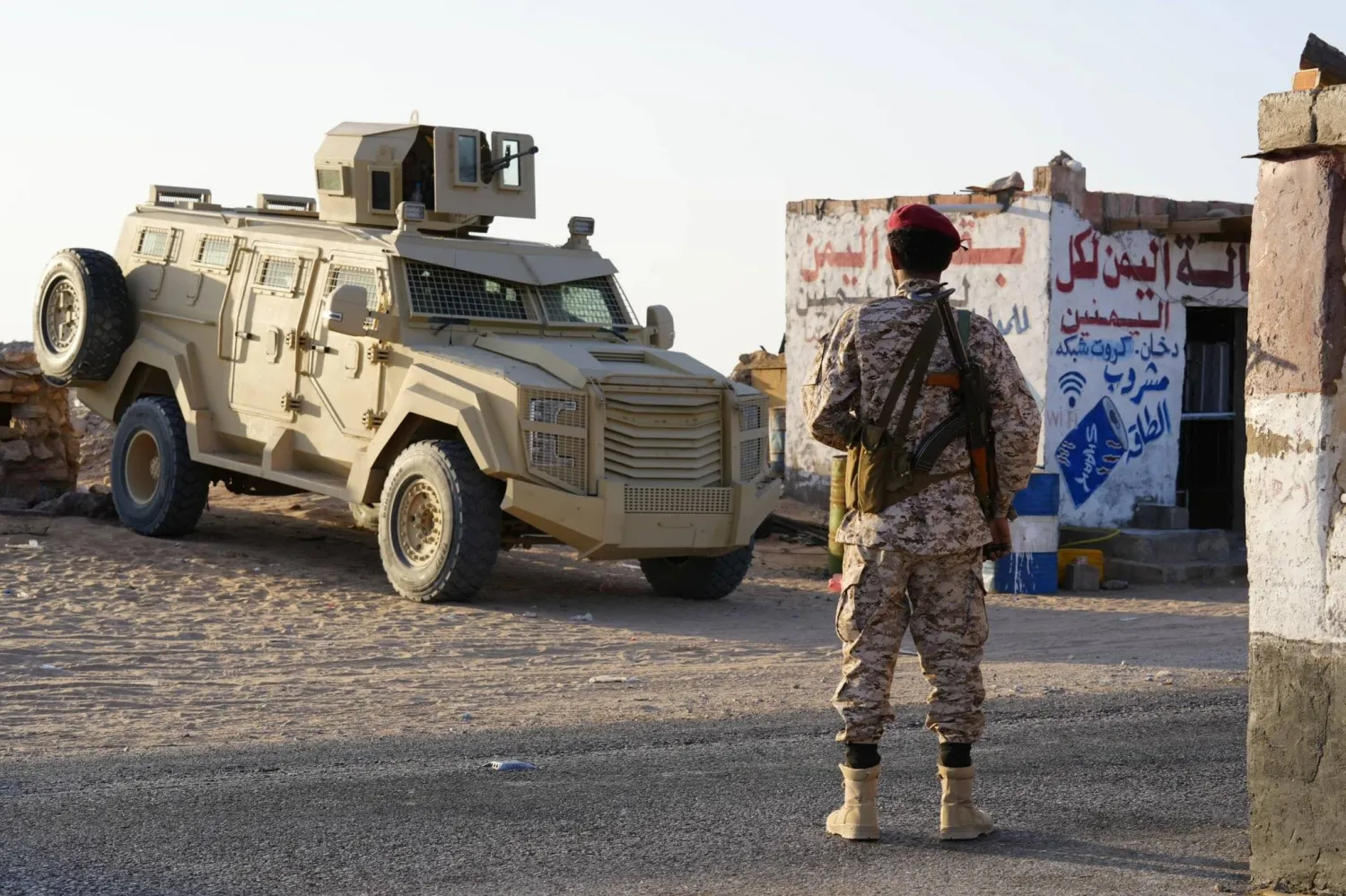Russian and Turkish military officials have agreed to provide electricity to the parts of northeastern Syria that are run by Ankara-backed militant factions and water to Kurdish-run areas in the region, according to media reports.
Turkey’s Anadolu Agency reported on the deal securing power to 200,000 civilians living in areas where Turkey had staged Operation Peace Spring against Kurdish forces in the Ras al-Ain region.
Meanwhile, potable water will be provided to those living in areas run by the Kurdish Syrian Democratic Forces (SDF) in the Hasakeh province.
In other words, the understanding reached between the Russian and the Turkish forces reported by Anadolu Agency would see exchanging the provision of the Turkish-occupied Sere Kaniye region with electricity in return for the reoperation of the Alouk water station.
An official in the Autonomous Administration of North and East Syria (AANES) denied reaching a final agreement with Turkish forces regarding the water station, accusing the latter of “breaking the terms of understanding.”
“The Turkish forces have not complied with the terms since the water has not reached Hasakeh city yet,” co-chair of the Energy Office in the Jazira region Ziyad Rustem told the North Press Agency.
Last month, Rustem revealed the existence of indirect negotiations with Turkey under Russian auspices to restart the Alouk station in the countryside of Ras al-Ain.
The AANES has demanded the operation of 20 wells and four pumps in the station to ensure the arrival of water to Hasakeh and its countryside, Rustem added.
“The water has not reached Hasakeh because the Turkish forces operate two pumps only out of five that have been agreed upon, though the AANES fulfilled all the demands of the understanding,” Rustem stated.
“The Turkish forces ask for 25 megawatts of electricity from Tishreen Dam six hours a day, and eight megawatts from Derbasiya station 24 hours a day,” Rustem pointed out.
Turkish forces and their affiliated armed factions have shut the Alouk station 15 times since their invasion and occupation of Ras al-Ain in October 2019.
The station is the primary source of drinking water for nearly one million people in the towns of Tel Tamr, Hasakeh, Shaddadi, Hol and rural areas and camps affiliated with these towns.
Rustem expressed his skepticism regarding the Turkish claims and deemed the operation of Alouk station as “necessary and cannot be disregarded.”









